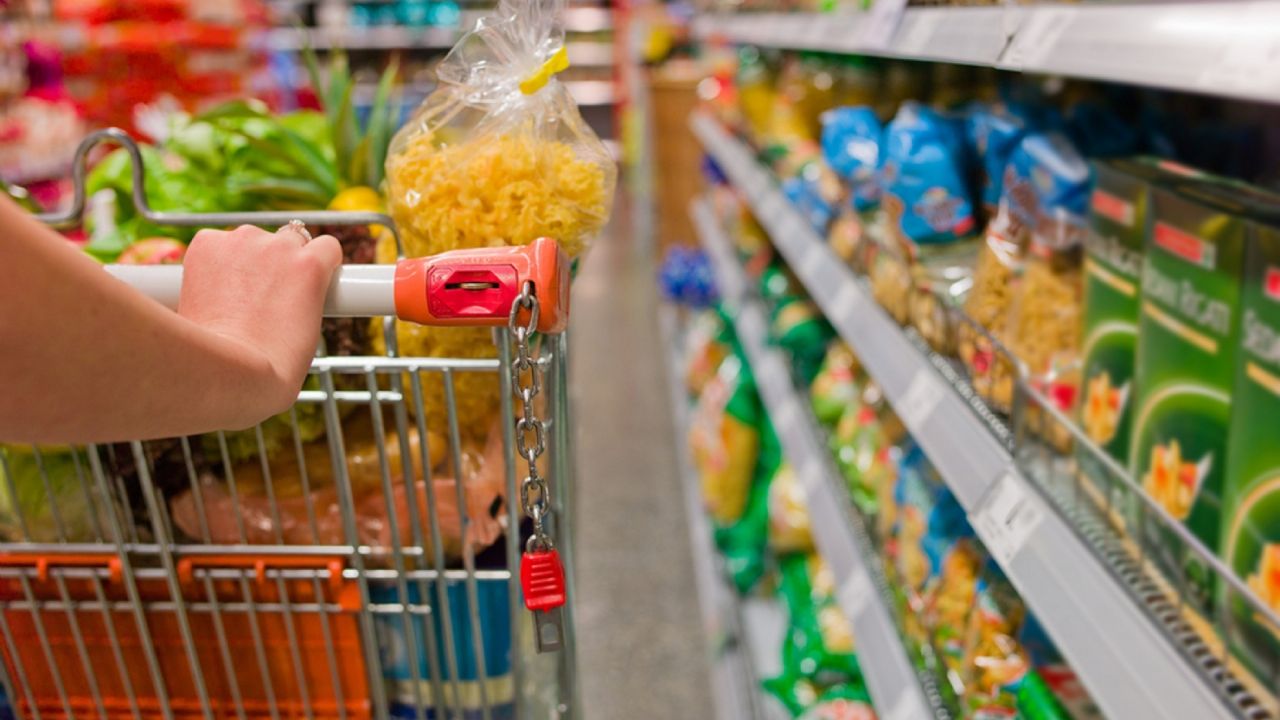During November the inflation it stood at 4.9% and, although the food item was one of those with the highest incidence with 3.5%, there was a slowdown in prices, which has been maintained in recent weeks.
According to a private survey by the consulting firm LCG, the inflation of food had a strong fall during the third week of December, since the price index on the item of food and beverages remained at 0.2%.
This represented the smallest increase in the last eight months. Also, the figure indicates that the inflation of food slowed down 1.16 points compared to the previous week, since the average rise was 0.18%.
Although the figures are encouraging, the effect is due to the voluntary agreements that the Government has signed with the main mass consumption companies, through its Fair Prices program.

Through this initiative, the prices of more than 1,900 basic necessities are fixed for 120 days; among them, there are warehouse items, beverages, dairy, frozen, personal hygiene and cleaning.
The agreement also establishes a guideline for a monthly increase of up to 4% in the sale price of supermarkets, an increase that will also apply for 120 days, counted from the launch of the program.

In this way, the program has managed to stabilize the prices of the basic basket, which in turn will have an impact on the final value of the price index during the coming months.
The Government seeks to lower inflation to 3%
Through Fair Prices, the Government seeks to lower the inflation over the following months, gradually, so that in April the percentage reaches 3%, according to the Minister of Economy, Sergio Massa.

“120 days ago we set out with economic measures and with agreements to gradually achieve a progressive drop in the inflation” he indicated, adding: “We are still not happy with the number, which is still high for what we intend to be the recovery of purchasing power. To recover it, you have to recover (also) income and, in parallel, lower the inflation“.

















